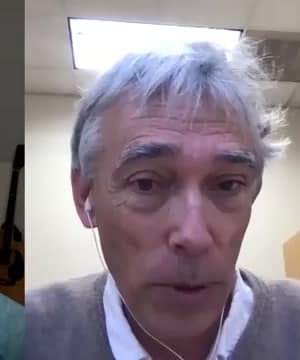recognizing problems
Sources:
Recognizing problems effectively involves several critical strategies, highlighted by trusted experts in various podcast episodes. Here are some key insights:
-
Humility and Open-Mindedness: , in his conversation with , emphasizes the importance of humility. He suggests admitting ignorance early on to foster a learning environment where problems can be identified through asking questions rather than making assertions. Dalio underlines that seeing a problem but not solving it equates to not recognizing it at all. He explains that identifying the root of a problem often involves analyzing whether it's caused by a person, a system, or both 1.
-
Overcoming Problem Blindness: discusses the concept of "problem blindness" on . This term refers to the inability to see problems or recognizing them as inevitable. By adopting a deeper understanding of issues, like how improved athlete training to reduce injuries, we can challenge these assumptions and address the root causes effectively 2.
-
Collaborative Approach and Detailed Analysis: highlights the use of advanced data analysis to identify signs of depression from vocal patterns. This approach demonstrates the value of interdisciplinary collaboration and leveraging detailed, high-dimensional data to foresee problems before they escalate, allowing for early intervention 3.
-
Leadership and Early Detection: stresses the role of leadership in recognizing problems early. He explains that good leaders must train themselves to notice early signs of issues within their team to make treatment and resolution more effective. This involves counseling and ensuring the right solutions and experts are consulted for specific problems 4.
These strategies underscore the importance of humility, detailed analysis, collaboration, and proactive leadership in recognizing and addressing problems effectively.
RELATED QUESTIONS-

